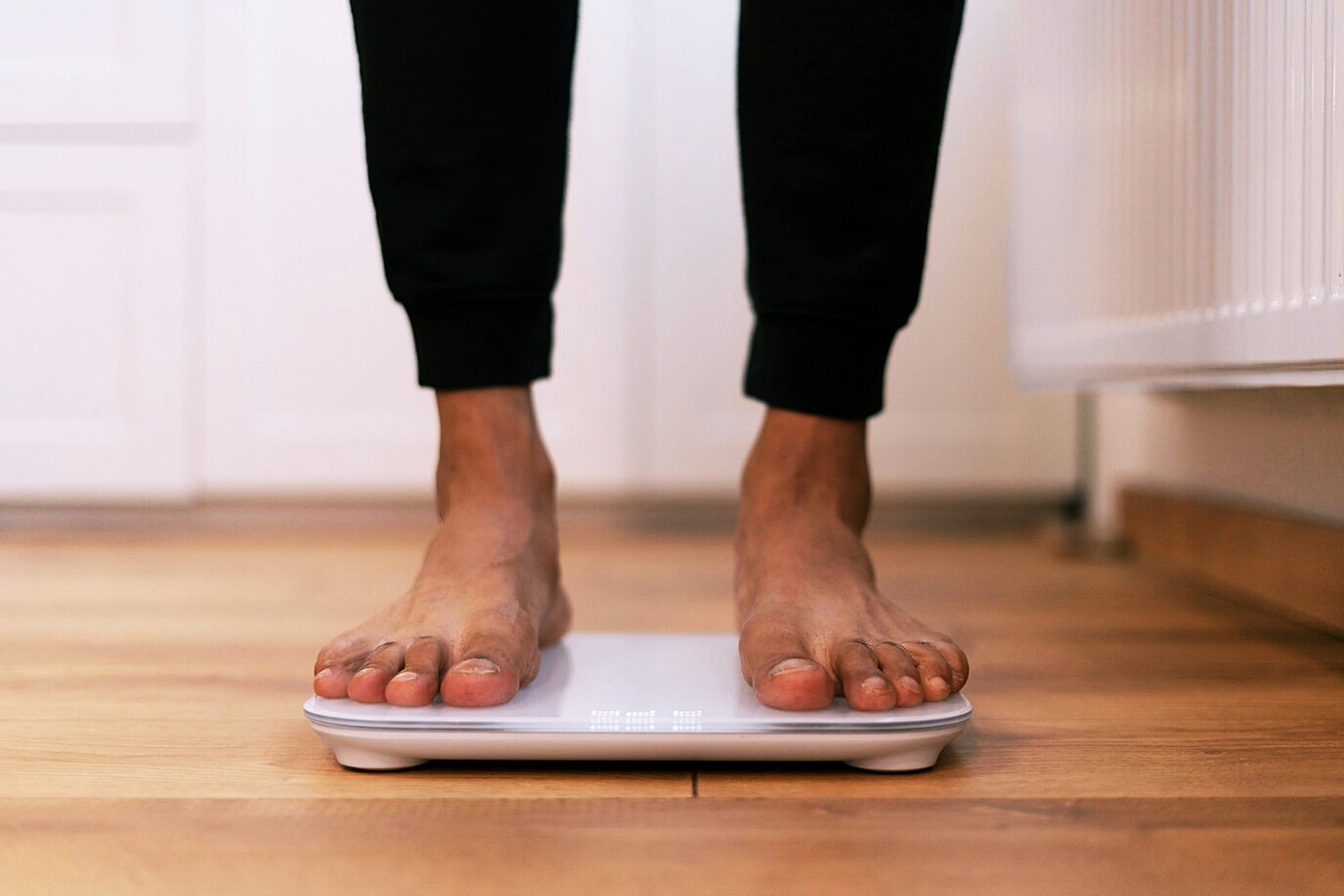Acai berries have exploded in popularity over the last two decades, with proponents claiming they are a superfood packed with antioxidants that deliver a range of health benefits. Among the many ascribed advantages of this tiny purple fruit is the potential to spur significant weight loss. But how much truth is there to this oft-repeated acclaim? This article comprehensively investigates the evidence surrounding acai berries and their effects on body weight.
What are Acai Berries?
Acai berries are one inch round fruits that grow on acai palm trees native to Central and South America, especially Brazil. They have been a dietary staple of indigenous communities in these regions for centuries. The deep purple berries offer a sweet, tropical taste often described as a cross between blackberries and chocolate.
In recent years, acai pulp and juice, freeze-dried powders, and extracts have become frequent additions to health food recipes, supplements, and drink mixes, praised for their high antioxidant content. The combination of purported weight loss properties and elite antioxidant status has led acai products to achieve near mythical status among health-conscious consumers. But what does the science say?
Evidence on Acai Berries and Weight Loss
Several different angles of evidence relate to acai berries’ effects on body weight. Firstly, cell and animal studies investigate how acai bioactives may impact metabolic processes related to weight and fat burning at a molecular level. Second studies in humans analyze the short-term effects of acai consumption on weight loss outcomes. Finally, longer term clinical studies evaluate body composition changes in people regularly consuming acai pulp, juices or extracts.
Early cell culture and rodent research uncovered two potentially relevant pathways through which acai can influence fat metabolism. In cell studies, acai extracts inhibited the activity of two key enzymes called alpha-amylase and alpha-glucosidase that break down carbohydrates into simple sugars, potentially slowing digestion and absorption of carbs. Other cell experiments showed components of acai can limit differentiation and proliferation of pre-fat cells, inhibiting one process underlying fat cell generation and growth.
Shifting to the key question of real world weight loss effects, a 2011 pilot study had 12 overweight adults consume acai pulp twice daily for 4 weeks. By the end, subjects lost an average of 2 pounds from their starting weight and up to 6.6 pounds total, with a significant decrease in body mass index. However, the study lacked a control group for comparison. A follow up study from the same researchers evaluated outcomes among athletes given an acai supplement versus athletes without supplementation. Again, the acai group reduced body fat after 12 weeks of training, suggesting acai provides additional weight loss advantages.
But this positive indication is muddled by several ensuing studies in overweight or obese participants that found minimal if any between-group differences in weight loss or body composition when comparing acai supplementation against control groups up to 8-12 weeks later. Reasons for the discrepancy require more in-depth research.
Mechanisms of Action
If acai does assist meaningful weight loss over time, researchers have illuminated several complementary biological pathways by which it may achieve these ends:
Antioxidant Effects – The rich array of antioxidants including anthocyanins give acai free radical scavenging capabilities that can dampen inflammation and improve lipid profiles associated with excess body fat and obesity co-morbidities.
Enzyme Regulation – As shown in cell studies, acai can limit carb absorption by slowing activity of starch digestion enzymes in the gut. Improved blood sugar control may curb fat storage long-term.
Fat Cell Metabolism – By blocking proliferation and differentiation of new fat cells as demonstrated in the lab, acai may mitigate fat accumulation at the cellular level over months of consumption.
Appetite Suppression – Components such as fiber may improve appetite control by prolonging feelings of fullness compared to low fiber carbohydrate sources. This can instinctively reduce calorie intake.
The synergistic combination of these mechanisms may explain why more significant weight loss results seem likely following sustained, long-term ingestion of freeze-dried acai supplements or pulp.
PhenQ as an alternative to acai berry for weight loss
Skip the superfood search. PhenQ uk packs metabolism-igniting power without the antioxidant overdose of acai. This 100% vegan formula contains α-Lacys Reset to amplify calorie burn. Capsimax powder, calcium carbonate, and chromium turn up your body’s thermostat to incinerate fat stores fast. Numerous satisfied customers already slimmed down thanks to PhenQ’s premium blend. Want to boost energy while shedding pounds? Choose PhenQ – the metabolism-mastering acai alternative!
Conclusions: The Final Verdict
Does acai berry help with weight loss? Promising but mixed scientific evidence suggests it may offer moderate metabolic support and fat reduction over time, especially for overweight individuals. The rich antioxidant profile provides additional benefits. However, acai is no magic bullet solution for weight control on its own. Real weight management requires permanent lifestyle changes to diet structure and physical activity levels.
If included as part of a healthy diet and active lifestyle, sustained acai supplementation stands a good chance of complementing lasting weight loss for many people. But expectations must remain realistic. Consistency remains key! Further clinical research on larger populations will help clarify the realistic degree of impact. For now, adding acai can be an adjunct strategy for facilitating fat burning.

